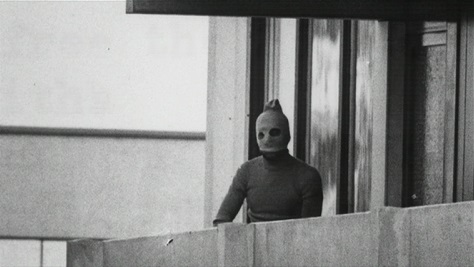
Arthur Cohn Productions/BBC/Dan Valley Film AG
 |
| Photo © 1999 Sony Pictures Classics/Passion Pictures/ Arthur Cohn Productions/BBC/Dan Valley Film AG |
| Academy Award Nominations and Winners: | |
| ★ | Best Documentary Feature |
| Other Awards: | |
| British Independent Film Awards: Douglas Hickox Award (Macdonald); Best Offscreen Newcomer (Justine Wright, editor) | |
| Permalink | Home | 1999 | ABC | Blog |